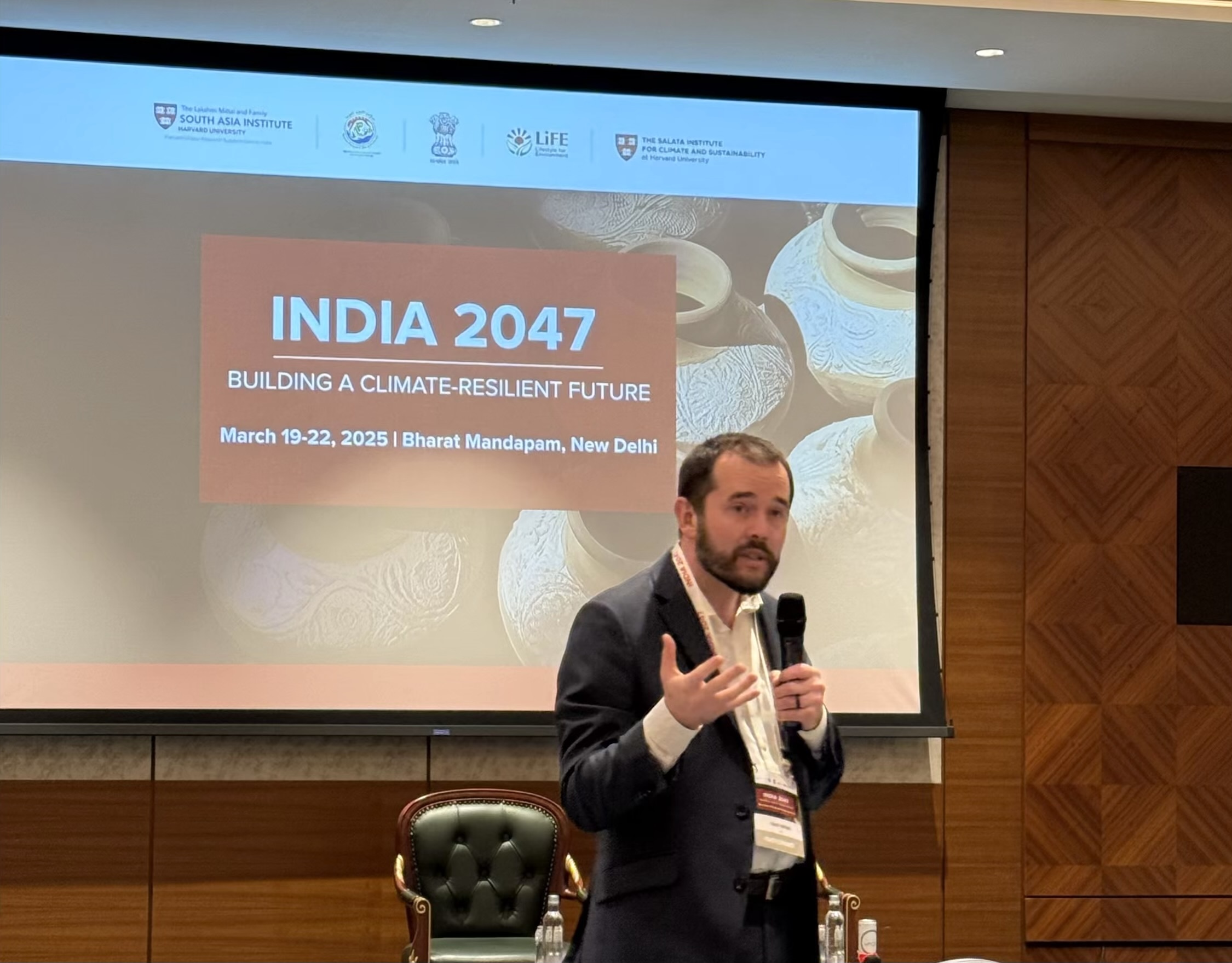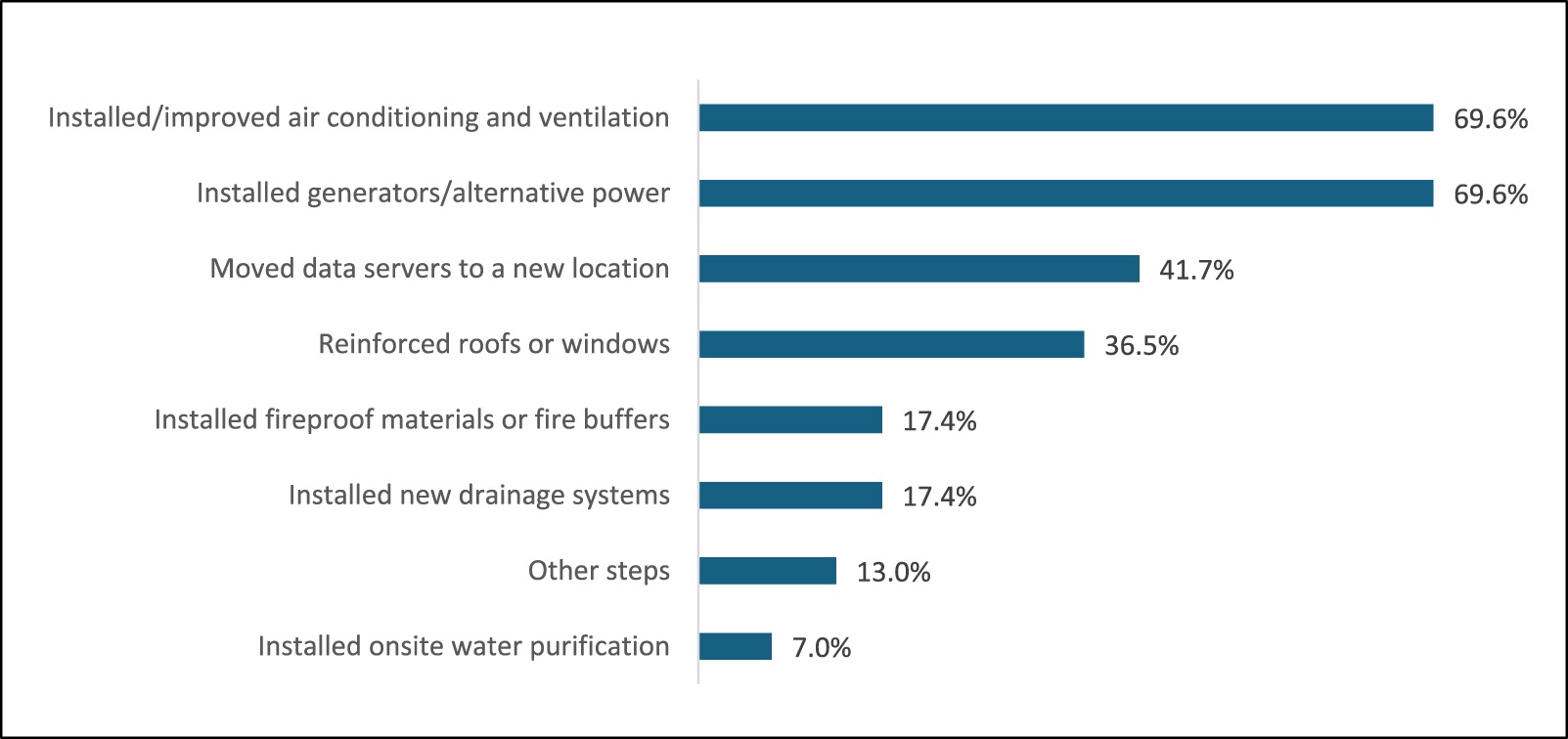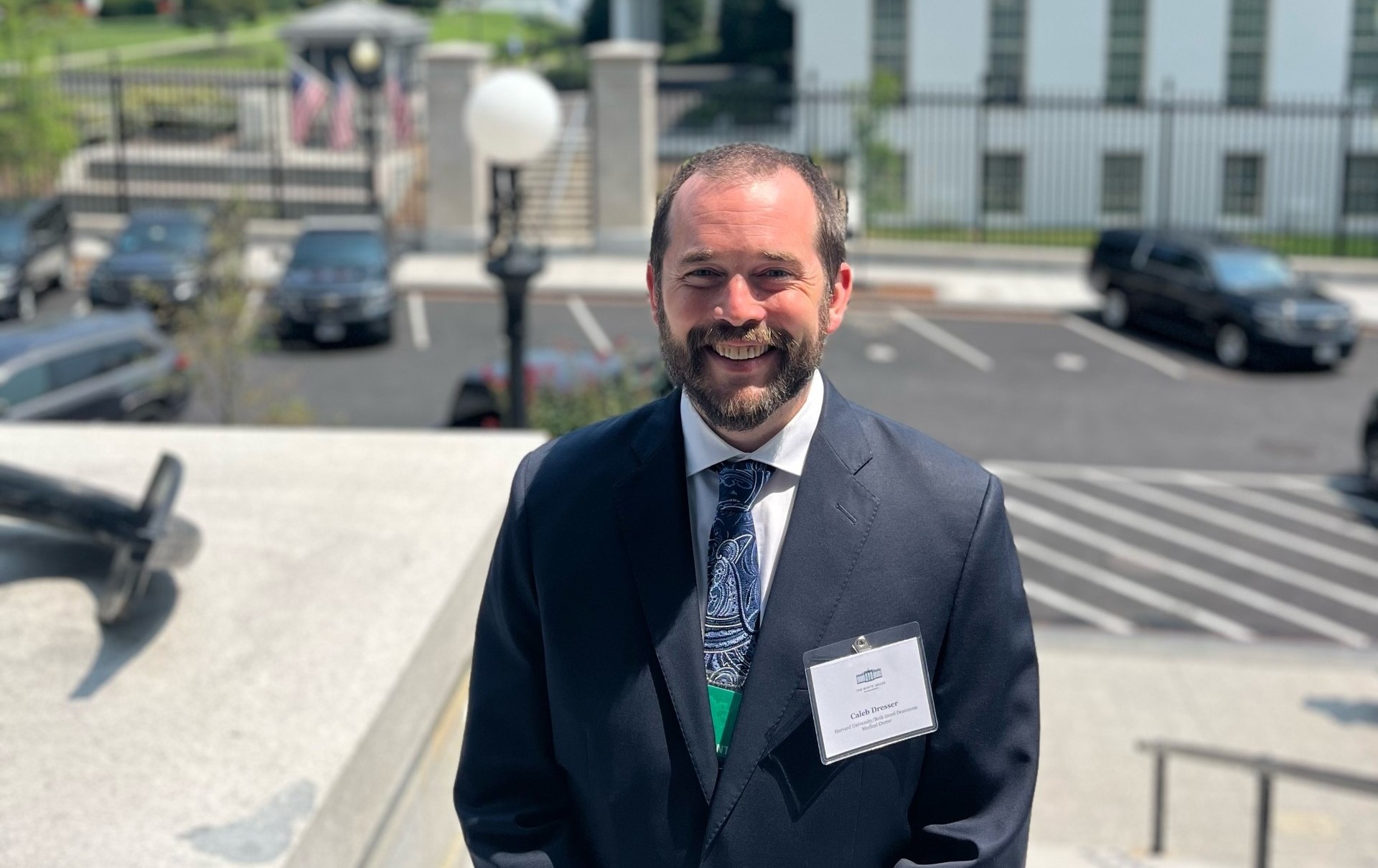Caleb Dresser, MD MPH
Dr Caleb Dresser is a practicing emergency physician whose work focuses on two key questions: First, what does climate change mean for our healthcare systems and the patients we serve? And second, what can we do to address this situation? Answering these questions has meant building a research portfolio that includes developing and testing resources for clinicians and administrators, analyzing operational and medical records data, and using spatial methods to understand risk to healthcare facilities.
Dr Dresser is an Assistant Professor of Emergency Medicine at Harvard Medical School and an Assistant Professor in Environmental Health at the Harvard T.H. Chan School of Public Health. He also serves as Assistant Director of the Physician Fellowship in Climate and Human Health, leads work on healthcare-related solutions at the Harvard Chan Center for Climate, Health, and the Global Environment, and is a member of the Faculty of Emergency Medicine at Beth Israel Deaconess Medical Center, a major teaching hospital of Harvard Medical School.
Dr Dresser holds degrees in Medicine from the University of Massachusetts Medical School and in Public Health from the Harvard T. H. Chan School of Public Health. He completed his Residency in Emergency Medicine and Fellowship in Climate Change and Human Health at Beth Israel Deaconess Medical Center. He is a recipient of the BIDMC HAEMR Teaching Attending Award, the Jane Matlaw Environmental Champion Award, the Bancroft Young Alumni Achievement Award, and the was an American Climate Leadership Awards finalist.
Harvard T.H. Chan School of Public Health Faculty Profile
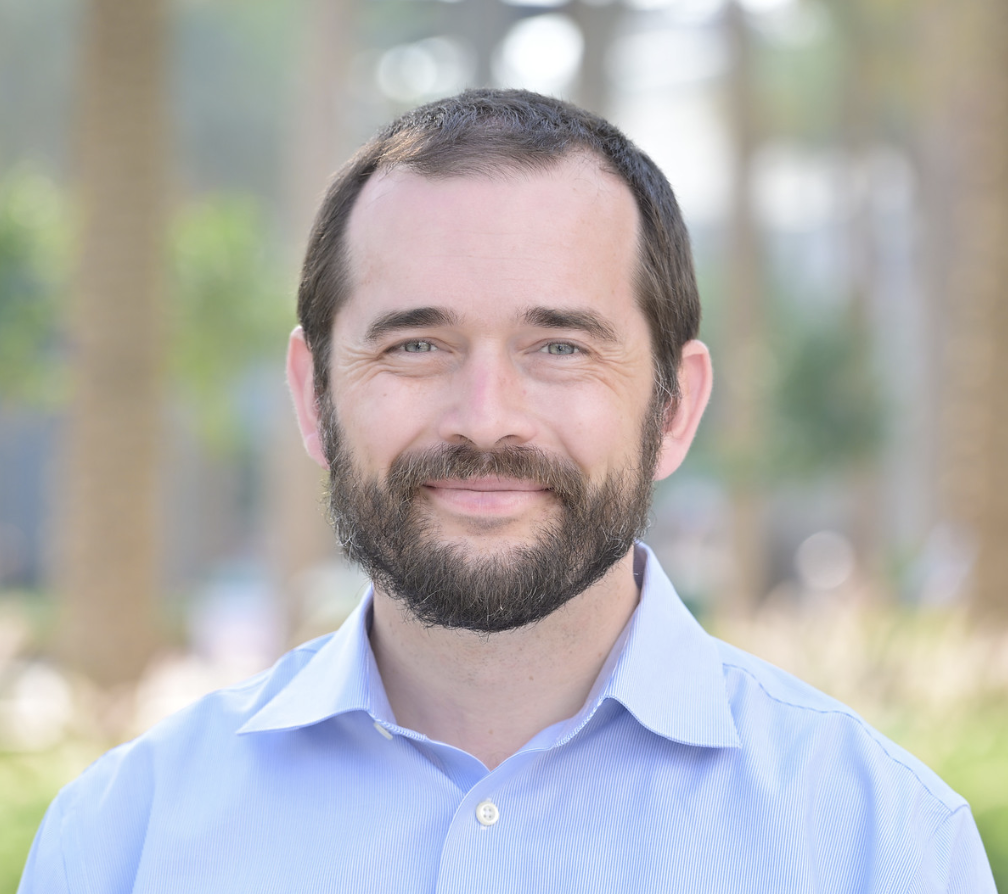
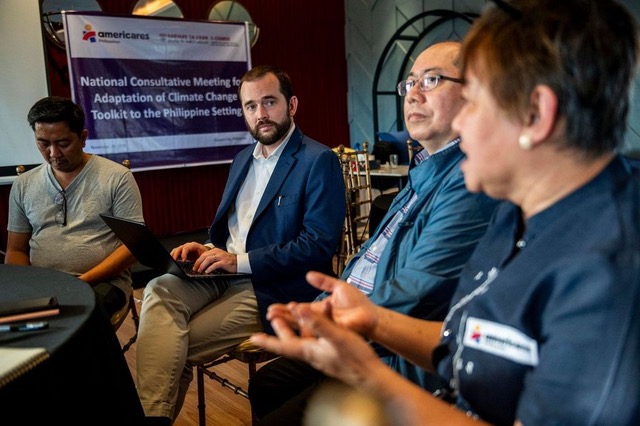
Project Areas
Dr Dresser leads the Climate Resilient Clinics program at the Harvard Chan Center for Climate, Health, and the Global Environment (Harvard C-CHANGE). This program is focused on developing, testing, and scaling resources to support climate-smart clinical care, particularly in health centers serving patients who are at disproportionate risk of health harms related to climate change. He also uses electronic health records data, weather and climate data, wildfire data, and other publicly available data sources to understand how climate hazards affect or threaten healthcare facilities and their operations.
Featured Video

